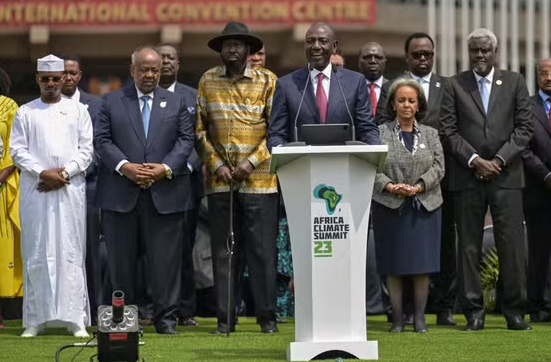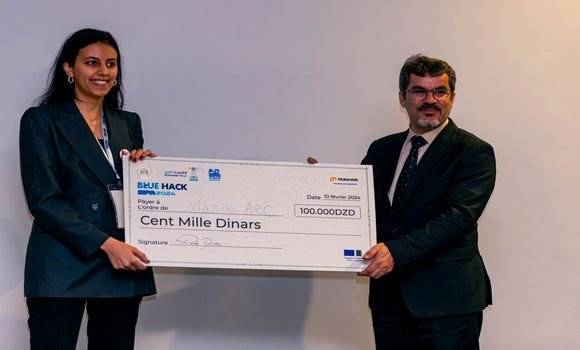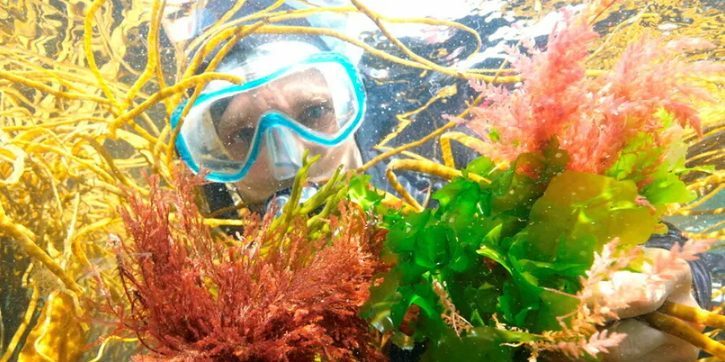All the countries on the continent align behind a common position endorsed by the heads of state. It is then up to the groups of African negotiators to defend their interests in the discussions.
Kenyan President William Ruto speaks before African leaders, including Mahamat Idriss Déby, President of Chad; Ismaïl Omar Guelleh, President of Djibouti; Salva Kiir, President of South Sudan; Sahle-Work Zewde, President of Ethiopia; and Moussa Faki Mahamat, Chairperson of the African Union Commission, during the African Climate Summit on September 6, 2023, in Nairobi. SIMON MAINA / AFP
Around thirty African heads of state and government will speak in Baku (Azerbaijan) on Tuesday, November 12, and Wednesday, November 13, following the opening of the 29th Conference of the Parties to the United Nations Framework Convention on Climate Change (COP29). This « high-level segment, » during which a total of about one hundred leaders will speak, is intended to give a political boost to negotiations that, in addition to a contentious agenda on future financial aid from the Global North to developing countries, are expected to be difficult with the election of Donald Trump and the likely withdrawal of the United States from the Paris Agreement.
Far from boycotting the event—unlike Papua New Guinea, which intends to denounce the perceived uselessness of the UN process—African leaders have turned out in large numbers. Alongside well-known figures, such as Congolese President Denis Sassou-Nguesso, who will address the issue of tropical forest protection, other prominent personalities are expected. Notably, Kenyan President William Ruto, who hosted the first African Climate Summit in Nairobi in September 2023, will also be in attendance.
Source: Le Monde




